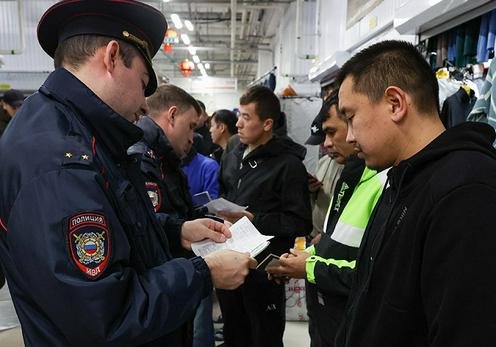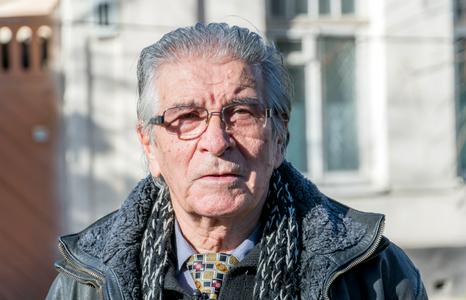The Russian Ministry of Internal Affairs has removed around 160,000 citizens of Uzbekistan from its registry of controlled persons. More than 70,000 of them were taken off the blacklist after resolving their legal status with migration authorities; the rest were removed for other reasons, including timely departure from Russia. The figures were reported by Temurbek Khamidov, attaché of the Consular and Legal Department of Uzbekistan’s Foreign Ministry, in an interview with the outlet Dunyo.
The diplomat stressed that protecting the rights and interests of labor migrants is a priority for the Foreign Ministry. Large-scale efforts are underway, including operating hotlines to receive inquiries and complaints from Uzbek nationals living in Russia. Twenty-four-hour call centers are available at the embassy in Moscow and at all consulates across the country.
According to Khamidov, between January and September of this year Uzbek diplomatic missions processed more than 50,000 appeals from migrants. Assistance was provided to 3,246 citizens in securing employment or resolving workplace disputes. Another 381 people received help recovering wages from employers, totaling about $310,000.
Additionally, 1,323 migrants had their passports returned after they were unlawfully taken by employers. More than 500 people facing severe hardship received financial assistance amounting to over $125,000.
During the same period, 84,409 citizens sought consultations on legalizing their status in Russia. Six thousand Uzbeks applied for new Uzbek passports.
Roughly 17,500 people—including 1,929 held in special detention centers run by the Russian Interior Ministry—received assistance returning home. The Uzbek Foreign Ministry purchased airline tickets for 1,560 of them.
Khamidov noted that his ministry is working closely with Russian institutions to simplify documentation procedures for migrants, including shifting part of the process to Uzbekistan. For instance, migrants could complete mandatory testing in Russian language, history, and law before traveling abroad. Such exams would require dedicated preparatory courses at branches of Russian universities in Tashkent and Jizzakh, with instructors from Russia.
Migration issues were also discussed at a recent meeting between Uzbekistan’s Deputy Foreign Minister Olimjon Abdullaev and Russia’s ambassador to the country, Aleksei Erkhov. They addressed access for migrant children to preschool and school education in Russia, as well as opportunities for migrants to work while living with their families. Special attention was given to police checks and raids. Uzbek officials emphasized that these operations must be conducted properly and with respect for human dignity, without violating citizens’ lawful rights.
Russia adopted the law on deportation procedures and the registry of controlled persons in summer 2024, following the Crocus City Hall terrorist attack. Foreign nationals listed in the registry are subject to expulsion and barred from registering businesses or property.
The Interior Ministry launched the system on 5 February of this year. Shortly beforehand, officials estimated that 670,000 migrants were living in Russia illegally, more than half of them women and children.
Within days of the registry’s launch, human rights groups began receiving reports from foreign nationals claiming they had been wrongly added to the blacklist despite holding valid documents.










